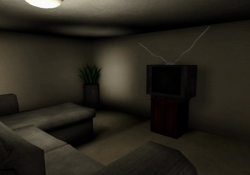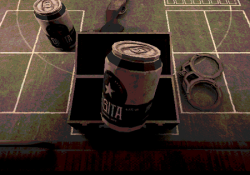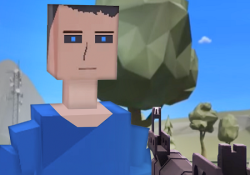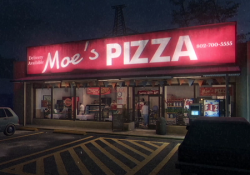Schedule 2 is a crime simulation game that puts the player in control of a small-time dealer entering a new city with nothing but ambition. Set in the fictional west-coast urban zone of Hyland Point, the game challenges players to grow a network of drug operations from the bottom up. With no initial connections, players must hustle their way into the underground economy while avoiding law enforcement and rival factions. The experience is shaped by player choices, risk-taking, and resource management.
Building a Network from Scratch
The journey starts with basic street-level deals. Players move through alleys, clubs, and abandoned spaces to make contacts and find opportunities. The game gradually introduces more complex systems such as territory control, supply chains, and competition. To expand influence, players must manage delivery routes, track local demand, and balance pricing strategies. Every decision influences reputation, profit, and exposure.
Expansion, Automation, and Challenges
As the empire grows, players gain access to properties and equipment that improve efficiency. Safehouses, labs, and distribution centers offer options for production scaling. Staff can be hired to handle logistics or defend locations. Success depends on maintaining a smooth operation while responding to external threats from police raids and enemy gangs. The environment is dynamic, with evolving risks as power increases.
Main features in Schedule 2:
- Open-world movement across a detailed urban map
- Drug creation and refining with unique recipes
- Resource balancing for growth and survival
- Hiring systems for dealers, security, and support
- Combat mechanics with melee and ranged weapons
Survival and Urban Conflict
While managing production is important, staying alive is critical. Players must navigate shifting patrol zones, surveillance, and infiltration attempts. Combat becomes necessary when diplomacy fails or territories are contested. Weapon use ranges from simple melee to complex firearms, with a crafting system for enhancements. Reputation systems impact how NPCs react, changing gameplay style depending on whether the player builds loyalty or rules through fear.
Co-op Growth and Shared Control
In addition to solo play, Schedule 2 includes a cooperative multiplayer mode where players collaborate to grow a shared operation. Tasks can be divided among partners, allowing for faster expansion or specialization. Whether working together or operating in parallel, players influence each other’s progress. The combination of strategy, simulation, and survival creates an experience where risk is constant and every move counts.




























